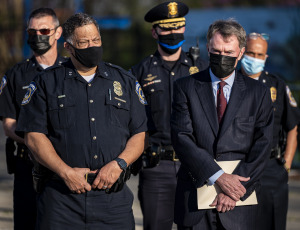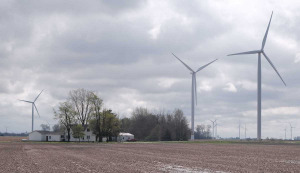Attorney General Rokita asks judge to throw out Holcomb’s lawsuit against Legislature
Todd Rokita says that only he—or an attorney he authorizes—can file a lawsuit on behalf of the state. Plus, he argues that lawmakers can’t be sued during a legislative session.





